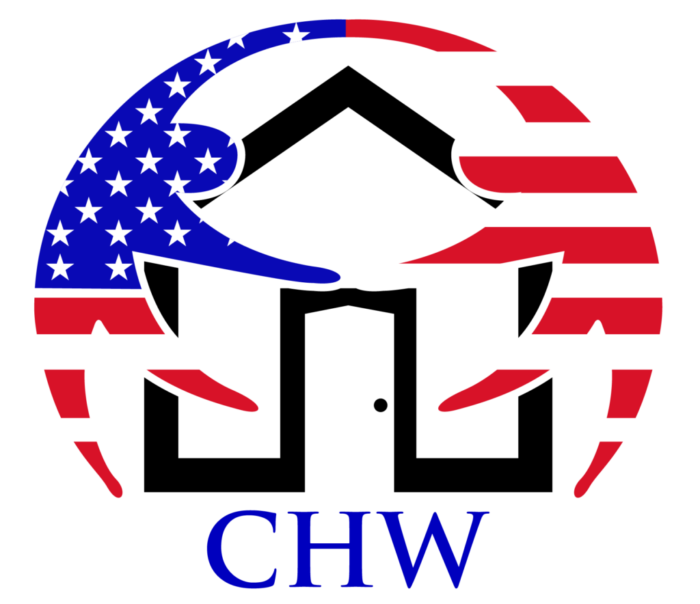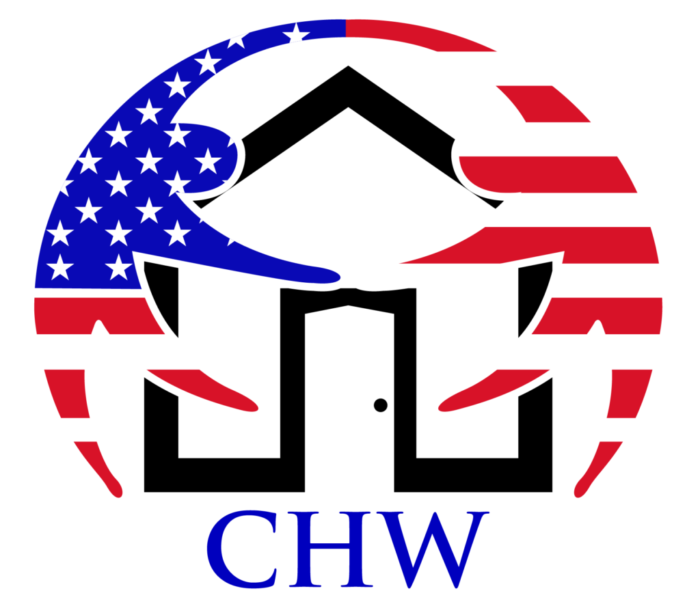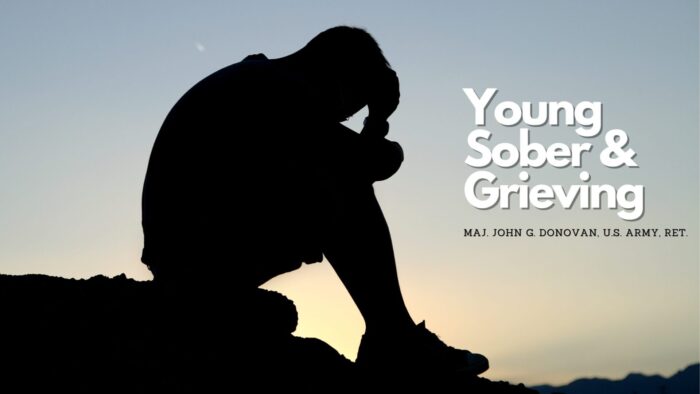By Maj. John G. Donovan, U.S. Army, Ret.
I received my three-month medallion on Oct. 22, 1978. I was fifteen, sober and I was thrilled. To add to my excitement, weeks earlier I had scored tickets to see Bob Dylan at the St. Paul Civic Center on Oct. 31, 1978. This would be the first time that Bob Dylan would play a concert in Minnesota in 16 years. The concert had sold out immediately and I had managed to get tickets. I was stoked. I was three months sober and I was going to see Dylan.
I wasn’t worried about going to see Dylan, in a concert venue. A sober friend of mine and I managed to get tickets to see Neil Young on Oct. 15, 1978, in the Twin Cities, and we had no problem staying clean and sober. It was the “Rust Never Sleeps” tour and it was incredible. Although people were smoking pot all around us and drinking beer, we were just focused on the music. Neil was incredible that evening playing songs from the “Rust” album that would soon become classics as well as playing earlier hits from Buffalo Springfield and his CSN&Y days. I was in music nirvana. I was happy, sober, joyous and free and I had just seen one of my music idols, Neil Young. I stayed straight throughout the whole concert, and I didn’t feel tempted once. I felt battle hardened and ready to see Bob Dylan on Halloween night.
Oct. 27, 1978, I was on a mini-fall vacation with my family visiting my aunt in
Dubuque, Iowa. It was a gorgeous trip and we had taken Highway 61 along the
Mississippi River to get to Dubuque. I felt like it was an omen. We were taking
“Highway 61”, the very highway Dylan had made famous on his album “Highway 61 Revisited”. Dylan writes in the song, “Abe said, where do you want this killing done and God said out on Highway 61.” It was T-minus four days to Dylan, and I was going crazy with excitement.
In the early morning hours of Oct. 28, 1978, I was awakened by the howls of my
mother. She was screaming uncontrollably. I was foggy from having been awakened in the middle of the night, and I couldn’t understand what was happening. I could hear my mom sobbing in the hallway, but I was afraid to go outside my room. Finally, someone came into my room to tell me my oldest sister Michelle had just been killed by a drunk driver in our hometown of St. Cloud, MN. I was to pack my things immediately because we would be driving all night to go back home and start the funeral arrangements to bury my sister, Shelly.
I was numb. Friends of my aunt drove us back to St. Cloud. We all sat quietly in the van. The silence was only broken by the sobs of my mother. She had lost two children previously while they were infants and now, she would be burying a third child. As an adult looking back on the event, I marvel at how she managed to cope and still be emotionally present for her five other children.
But as a teenager, I was oblivious to all of this. I just kept playing with the three-
month medallion in my pocket and I started to wonder if sobriety was worth it. “Is this what you get for staying sober? Is this how God rewards my good behavior?” I started to toy with the idea of getting high.
The funeral arrangements were awkward, cold and uncomfortable. We were
supposed to pick out a casket, arrange the funeral service and decide who would
carry my sister in and out of the church. All I wanted to do was scream. It all seemed so surreal – like a nightmare from which you can’t wake up. The thought of getting high was getting stronger and stronger. I started to plan to get ripped.
We went to the funeral home and relatives would come up to me and say the
obligatory things one says at a funeral home, but it all seemed so superficial and
hollow. Then a stranger came up to me and said, “Hey kid, getting high isn’t going to bring your sister back. It’s just going to prolong the pain”.
I looked up and didn’t recognize this guy, but somehow, he knew exactly what was on my mind. Then as I started to scan the faces of the people at the funeral home, I started to recognize members from our local Alano Club. It turns out that word had circulated at the club that one of the newest and youngest members of the fellowship had just lost his sister and members took it upon themselves to attend the services in order to offer support. I was awestruck and humbled. None of my old using friends had bothered to show-up for my sister’s funeral, but all these strangers from the fellowship were showing up in force. The thought of relapsing quickly dissipated. I had heard in the meetings that when crap goes down the fellowship shows up, but I didn’t really believe it. I started to believe they meant what they said.
We buried my sister on Halloween 1978. She was only in her early twenties and was leaving behind a one-year-old child. I couldn’t get my head around what was
happening. Everything seemed to be moving in slow motion. Minutes seemed to
take hours. I was so exhausted from crying, I felt weak. I just sat on the couch in our living room staring at the floor.
Then my mother spoke up, “Johnny, shouldn’t you be getting ready to go to that
concert tonight?” The Dylan concert – I had forgotten all about it. “Mom, I can’t go to the concert tonight. It wouldn’t be right,” I said.
She replied, “Oh Johnny, you have the rest of your life to grieve the loss of your
sister, but you only have this one evening to go to that concert. I want you to go”.
I kissed and hugged her goodbye, grabbed my coat, called my sober friend and we headed to the concert. That evening it was as if every song spoke to me Dylan sang, “The times they are a-changing,” and I thought about the life changing event that had just happened in my family. Dylan sang, “The answer is blowing in the wind,” and I knew I would never make sense of the insanity of losing a loved one, especially at the hands of a drunk driver. Dylan sang, “Something is happening, and you don’t know what it is,” and he was right.
Through the fellowship of the program, the application of the 12 Steps, and the
loving embrace of my Higher Power, I managed to stay sober through that horrific event. Forty years later I still grieve the loss of my sister, but the grief is bearable now. People say time heals all wounds, but I’m not sure that’s true. I think with time our pain lessens and we learn how to live with it.
I’m grateful for the members of the program who showed compassion to me in my hour of need. I will never be able to pay back those kindnesses, but I can pay it forward by extending a hand of help to the next newcomer who comes through our doors.


